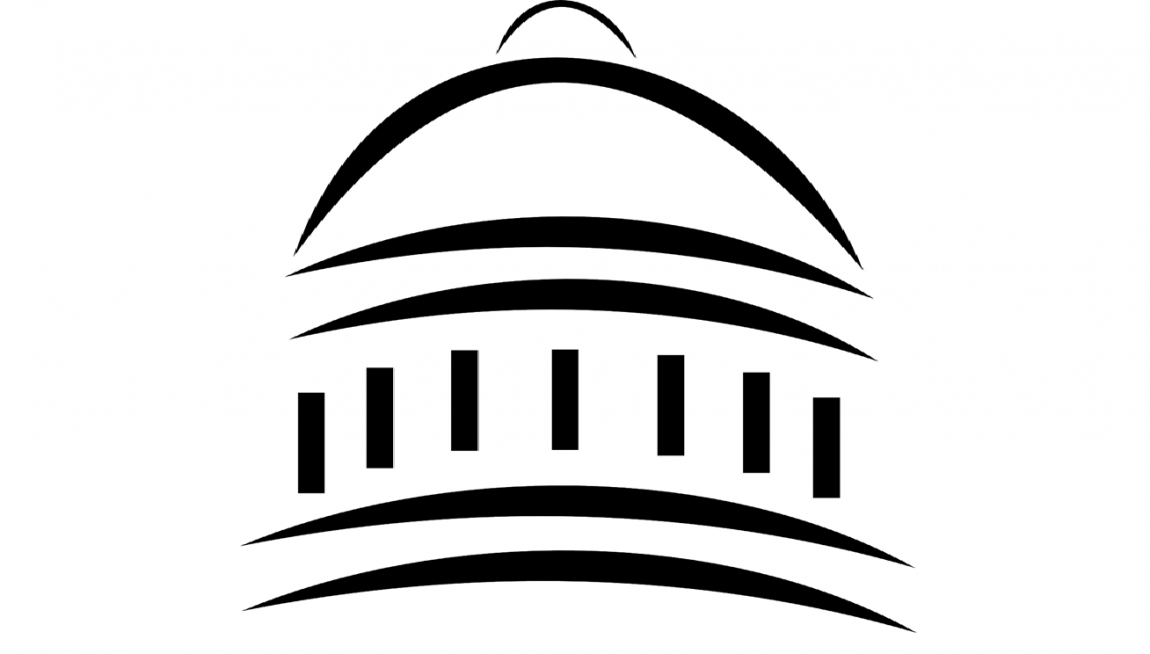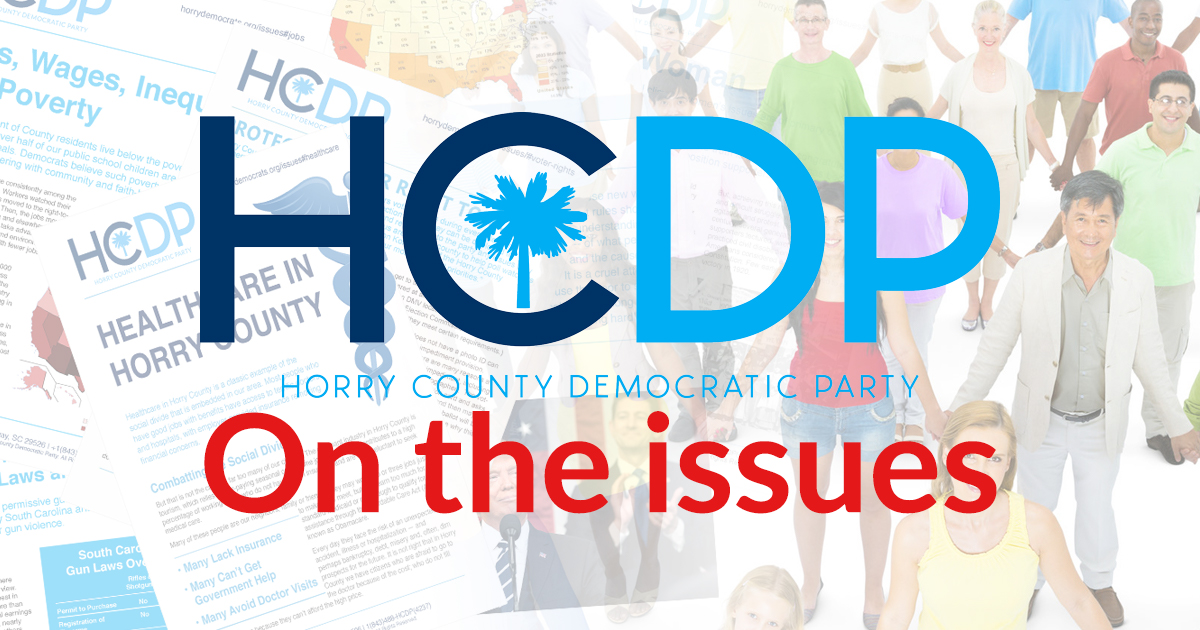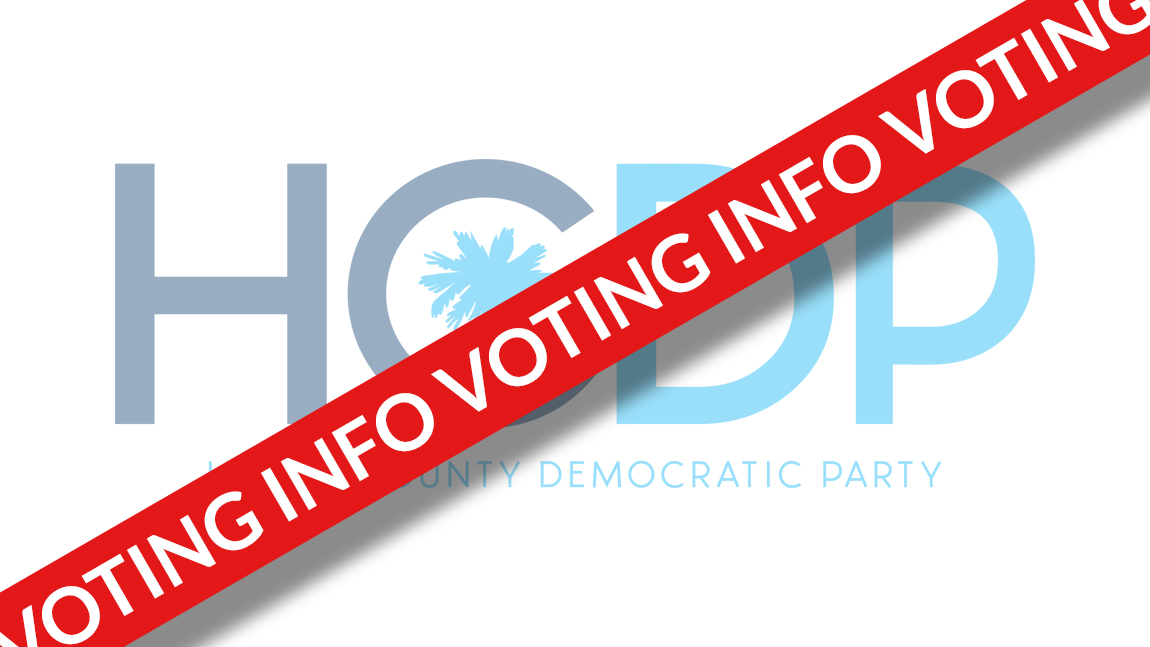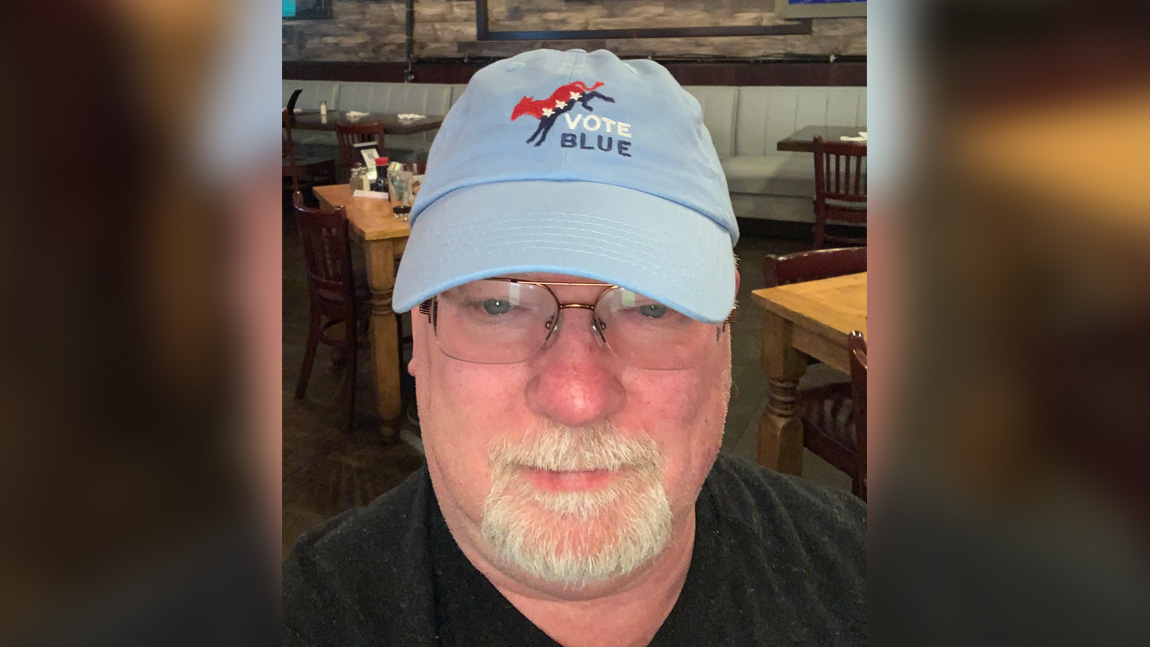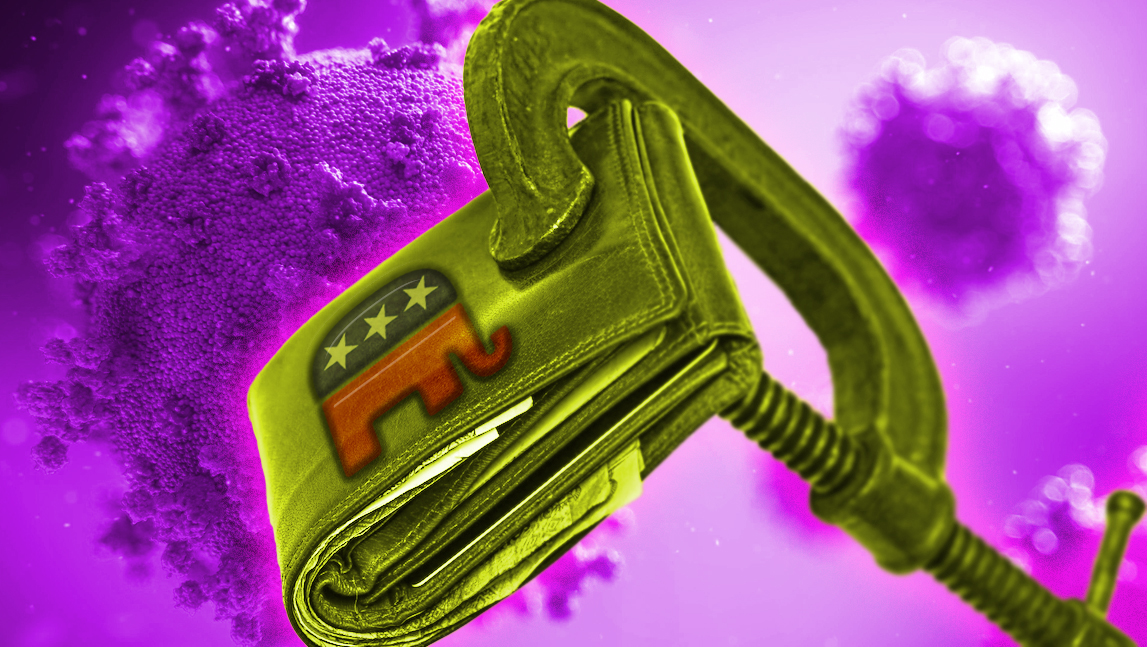By David Higham
HORRY COUNTY GOVERNMENT / LOCAL ISSUES
Local Cases and Deaths: As of May 26, coronavirus cases (COVID-19) in Horry County total 392 lab-confirmed cases, including 24 patients who died. Accounting for undiagnosed patients, the state health department estimates there could be more than 2,800 COVID-19 cases in Horry County. (MyHorryNews.com 5/27/20)
County Council delaying airport expansion, nears final adoption of county budget: The Horry County Council cut more than $20 million out of the county’s draft budget at a meeting held on May 19. Most of that money is due from delaying a terminal expansion at Myrtle Beach International Airport. The County Council is one vote away from approving a new budget for the fiscal year that begins July 1. The County’s draft spending plan proposes expenditures of $459.4 million. This is a reduction of nearly $74 million from the one they approved last year. Horry County “plans to maintain current services by using reserve money, delaying building projects and not offering employee raises.” (MyHorryNews.com 5/22/20)
STATE / SC LEGISLATURE
SC Records Highest Single Day Deaths from Virus: The SC Department of Health and Environmental Control announced 207 new cases of COVID-19, bringing the state’s cumulative total of patients to 10,623 including 466 deaths. The announced 20 additional deaths mark the highest single-day death toll in SC since the pandemic began. (MyHorryNews.com 5/27/20)
SC Budget: The legislature passed a resolution on May 12 to allow state government to keep spending after the fiscal year ends as lawmakers try to get a handle on the damage to the economy done by the coronavirus .It is expected the legislature will adopt a new state budget in September, or three months after the end of the current fiscal year. Before adjourning for the summer, the legislature froze teacher’s yearly salary step increases, and set-aside $175 million for emergency COVID-19 spending, including hiring 1,000 contact tracers to find people who were in contact with an infected person, and additional virus testing.
An additional $15 million was set aside to help with additional expenses to allow people to safely vote in the June 9 primary.
The SC House passed a $10 billion budget before the pandemic began. But that measure was not cleared for the Governor’s signature before the economy cratered. That proposed budget included tax breaks and rebates, raises for teachers, extra money for roads and prison security with nearly $2 billion in additional revenue. That budget will need to be re-written in September and economists estimate the state’s planned $1.9 billion surplus in the budget year starting July 1 could be cut in half or worse. (AP News 5/9/20; The News and Observer newspaper 5/12/20; The State Newspaper, 5/26/20)
SC DHEC Chief Resigning: Rick Toomey, who has led SC’s public health agency during the COVID-19 pandemic, is resigning for health and family reasons. In April Toomey took a two-week leave of absence to get his blood pressure under control. (Post and Courier newspaper 5/28/20)
School Nurses: AccelerateEd, a task force convened by SC Superintendent of Education Molly Spearman, is recommending that a full-time nurse be placed in every school once classes resume in the fall. According to Spearman, 123 SC schools have no nurses at all and 75 have only part-time nurses. (The State newspaper,5/21/20)
FEDERAL / US CONGRESS/ NATION
HR 6800 “Heroes Act”: House Democrats passed a $3 trillion stimulus bill providing payments and other assistance to state and local governments; additional direct payments of up to $1200 per individual; hazard pay for frontline health care workers, student debt forgiveness, expanded unemployment compensation, loans and grants to small businesses, payments to farmers, and funding for COVID-19 testing and contact tracing.
The House bill passed on May 15 by a vote of 208 – 199. One Republican joined the Democrats in voting in favor, while 14 Democrats sided with the Republicans in opposing.
The bill faced opposition from Republicans and more moderate Democrats in the House because of its size. Senate Republicans have said the House bill is DOA (dead on arrival) demanding instead that businesses be provided with liability-protection provisions to keep them from being sued if workers or patrons are infected with COVID-19.
Senate Republican Leader Mitch McConnell (R-Kentucky) has indicated the Senate will pass further COVID-19 relief legislation but will work with the White House to determine what is needed and how soon.
President Trump’s senior economic advisor, Kevin Hassett, said the president is willing to talk about another round of stimulus payments like the $1200 checks provided to Americans in the first round. (CBS News 5/15/20; NJ.com 5/24/20; Congress.gov;)
Hospitals with Deepest Pockets get Lion’s share of relief. Hospitals that serve a greater proportion of wealthier, privately insured patients got twice as much relief as those focused on low-income patients with Medicaid or no coverage at all, according to a study by the Kaiser Family Foundation into the coronavirus relief bill passed by the Congress and the Trump administration in March. (NY times 5/25/20)
New federal, voluntary guidelines for places of worship to re-open: President Trump declared that he could “override” governors who decline to allow their states to follow the guidelines. He said that he has “many different ways” to override the governors but did not cite what authority he had to do so. (CNN 5/26/20)
Testing Problems: Antibody tests used to determine if people have been infected in the past with Covid-19 might be wrong up to half the time, the US Centers for Disease Control and Prevention said in new guidance posted on its website. They are not accurate enough to use to make important policy decisions, the CDC said. (CNN 5/26/20)
In another development, officials at the CDC and in multiple states have acknowledged that they combined the results of viral tests, which detect active cases of the virus essentially from the onset of infection, with antibody tests, which check for proteins that develop a week or more after infection and show whether a person has been exposed at some point in the past. Mixing the results makes it difficult to understand how the virus is spreading. Public health experts say It can give the false impression that the rate of positive test results is declining. (Post and Courier newspaper 5/25/20)
Emergency Child Hunger Program is Far Behind on Rollout: In its first major virus relief package, the Congress in mid-March approved the Pandemic-EBT program. It is intended to compensate for the declining reach of school meals by placing their value on electronic cards that families can use in grocery stores. But its roll-out has been stymied by several challenges. By May 15, only about 15 percent of eligible children has received benefits, according to an analysis by the NY Times. (NY Times 5/27/20)
Red State / Blue State Divide as Pandemic Spreads: Counties won by President Trump in 2016 have reported just 27 percent of the virus infections and 21 percent of the deaths – even though 45 percent of Americans live in these communities, a NY Times analysis has found. (NY Times 5/26/20)
Lockdown Delays Costly as US surpasses 100,000 dead from virus: Researchers at Columbia University report that if the U.S. had begun imposing social distancing measures one week earlier than it did in March, about 36,000 fewer people would have died in the coronavirus outbreak. (NY Times 5/20/20)
Remote voting in the House has begun: For the first time in history, 72 Congressional Democrats voted by proxy on legislation on the floor. The absent representatives teamed up with Washington DC area representatives and other representatives who were in attendance, giving them explicit instructions on how their votes should be recorded as they stayed at home. Top Congressional Republicans are suing House Speaker Nancy Pelosi over these new proxy voting procedures that will allow some members of the House to vote from home amid the coronavirus pandemic. (CBS News 5/27/20; Roll Call newspaper 5/27/20)
IG’s across the Federal Government Under Assault: In a span of six weeks, President Trump has removed five officials from posts leading their respective agencies’ inspector general offices. Congressional Democrats have accused the President of retaliating against those that have exposed wrongdoing or missteps by his administration. (CBS News 5/19/20)
Insider Trading Cases Dropped: Justice Department has closed insider trading investigations into three senators (Loeffler, R-GA; Inhofe, R-Okla.; and Feinstein, D-Calif.) who sold off stocks following early briefings on the coronavirus. A similar investigation involving Senator Richard Burr (R-NC) is continuing. (NBC News 5/26/20)
THE COURTS
Voting Rights of Felons in Florida Upheld: A federal judge declared key portions of the state’s felon voting law unconstitutional, ordering the state to put in place a new process that would help people register to vote in the state. (Politico 5/24/20)
Texas’ vote by mail Upheld: A Texas federal judge ruled that all voters afraid of catching the coronavirus can request absentee mail-in ballots due to the pandemic. The judge ruled that the “disability” provision in the state’s vote-by-mail election code applies to all registered voters who “lack immunity from COVIS-19 and fear infection at polling places”: (CNN 5/20/20)
Questions?
Contact David at dhigham32@gmail.com
Stay safe everyone

